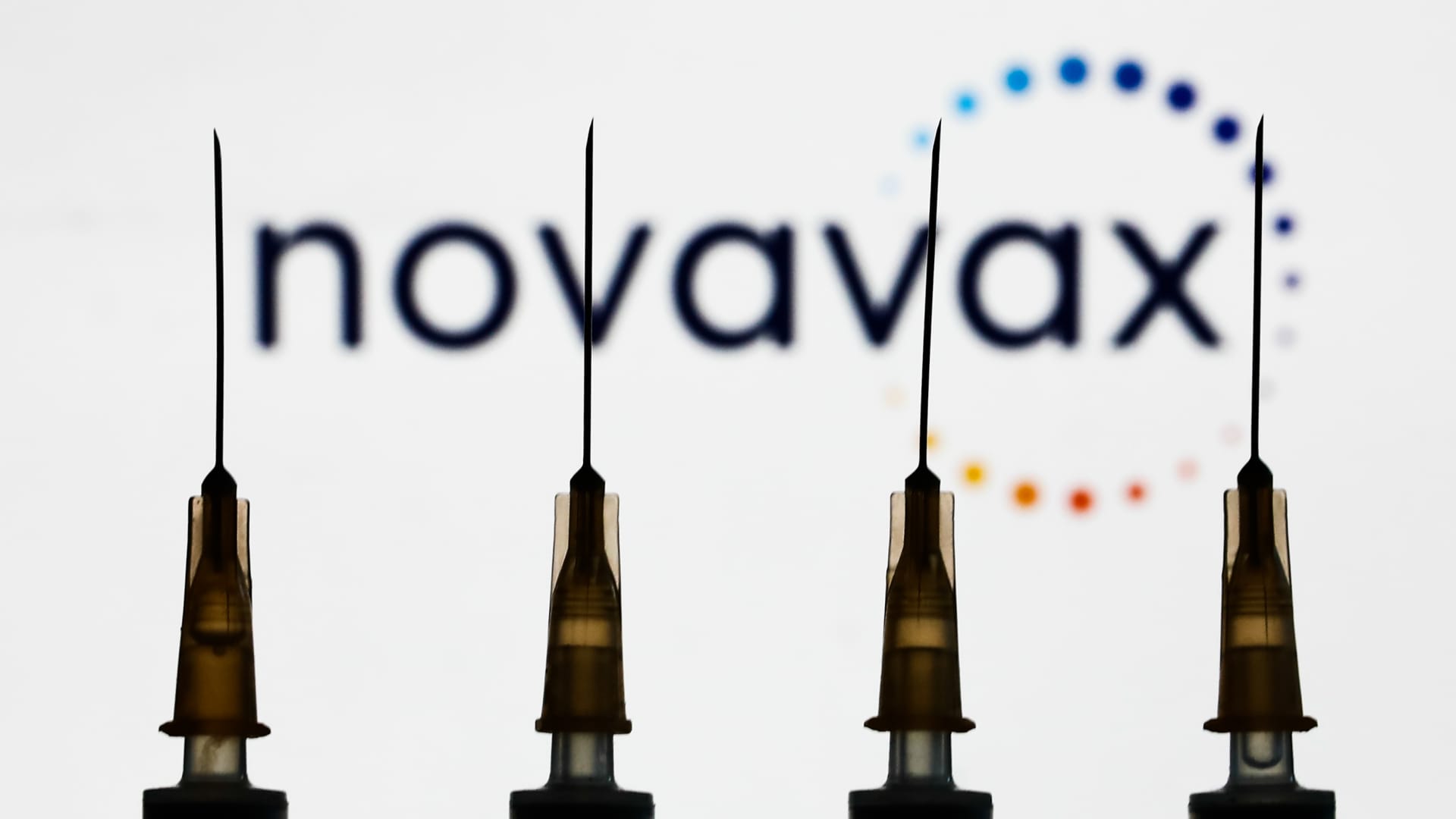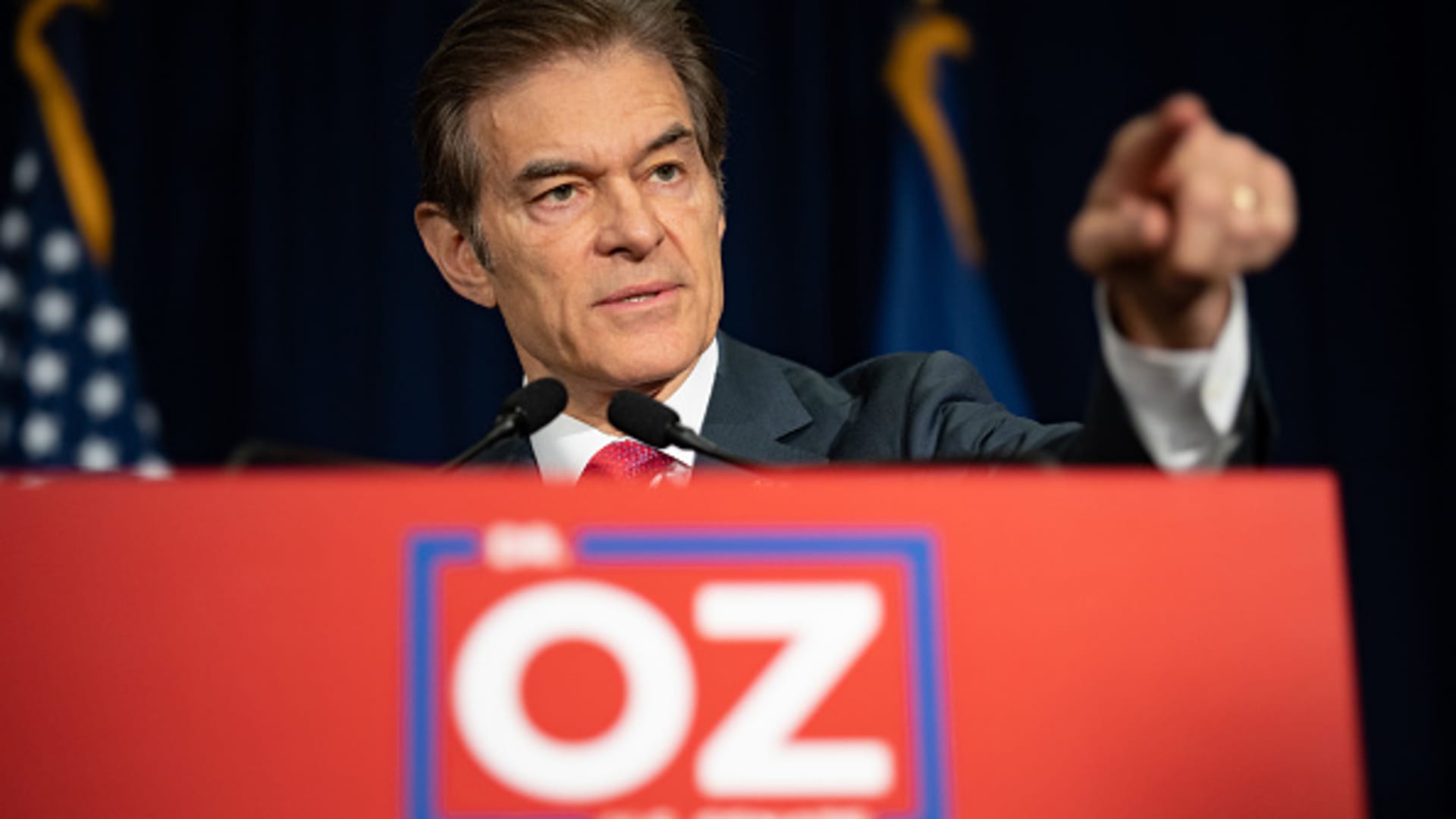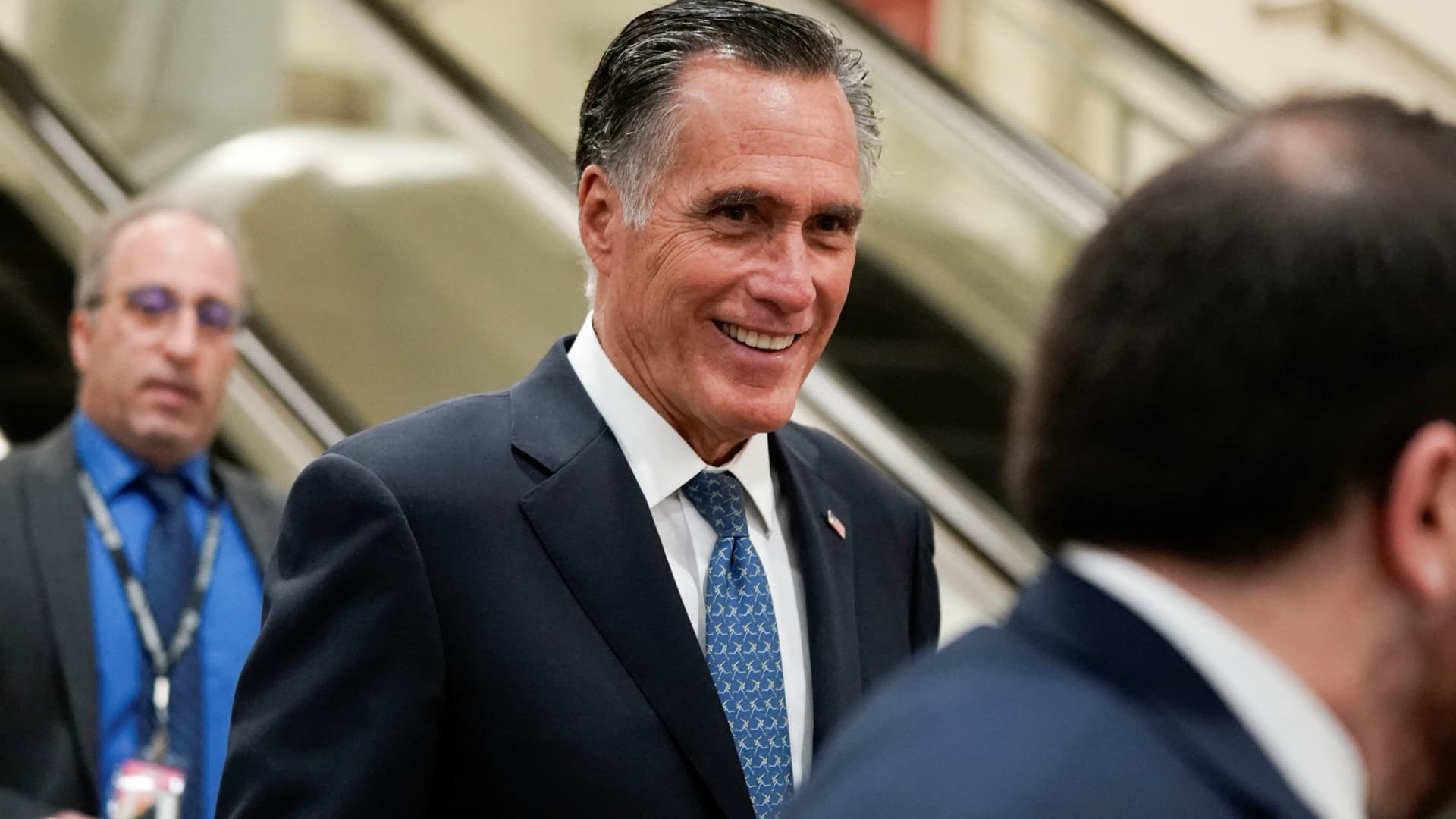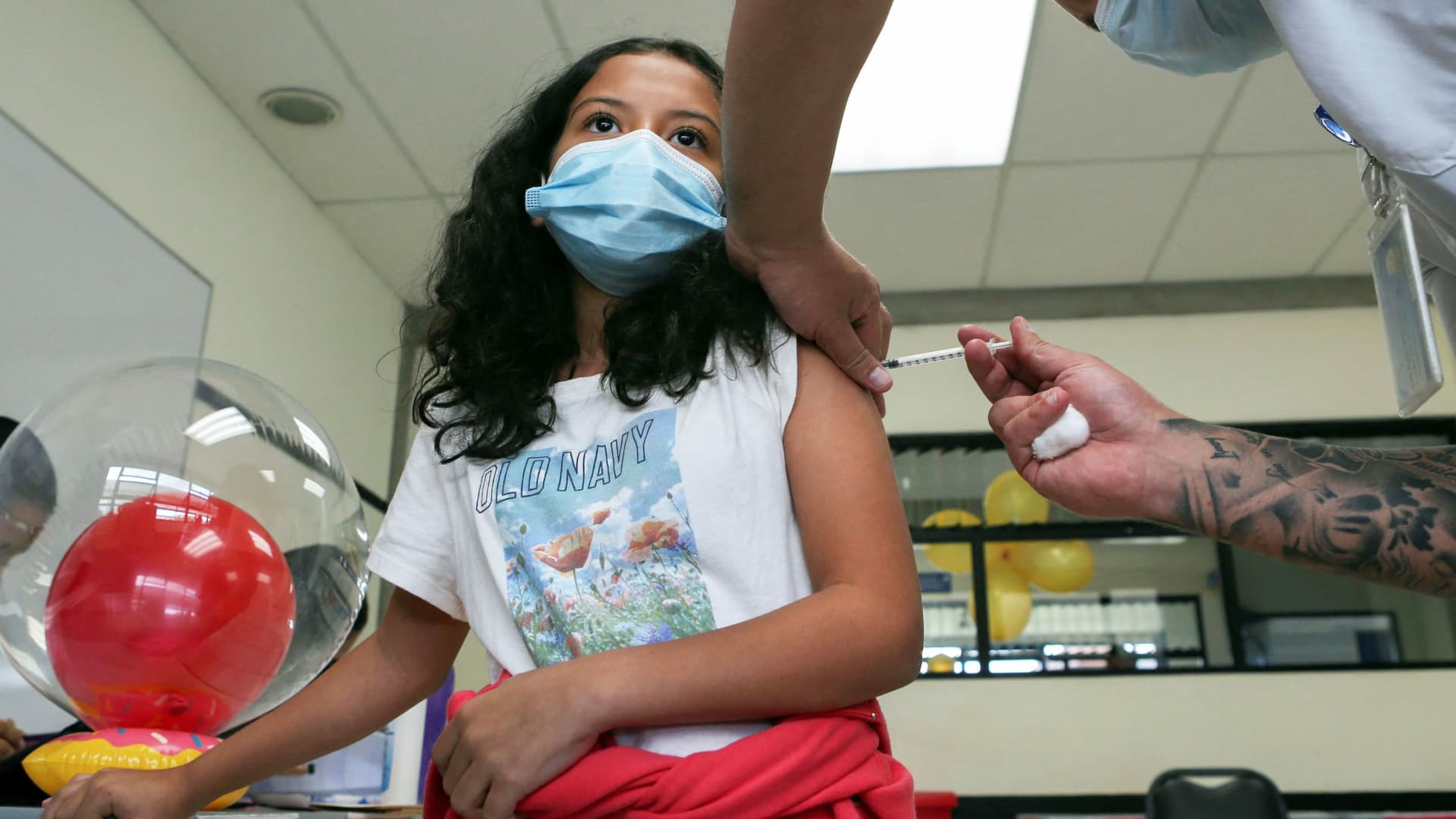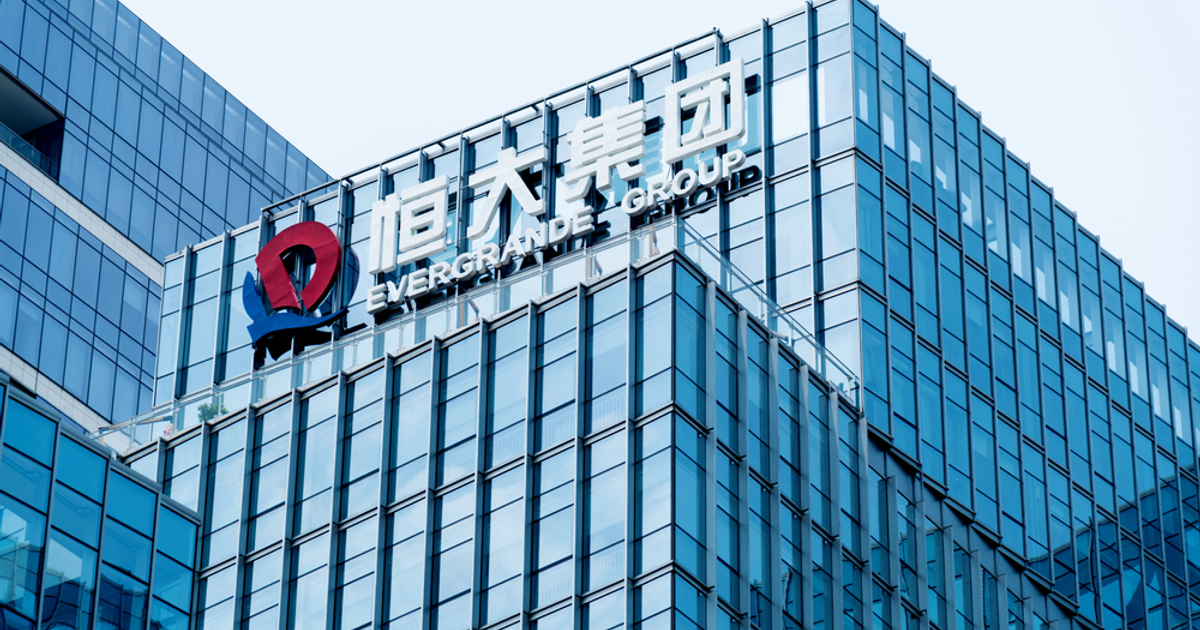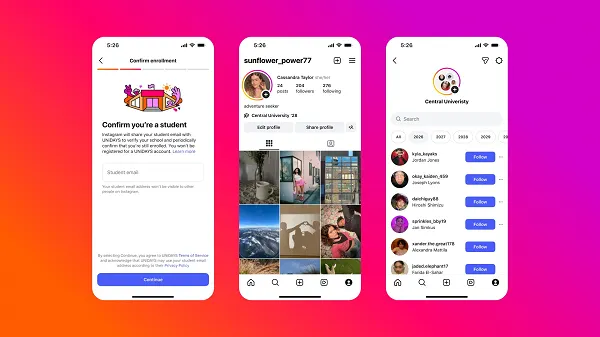The end of the Covid health emergency won't slow FDA clearance of shots and treatments
The FDA has used separate emergency powers to authorize the Pfizer, Moderna, Johnson & Johnson and Novavax vaccines.
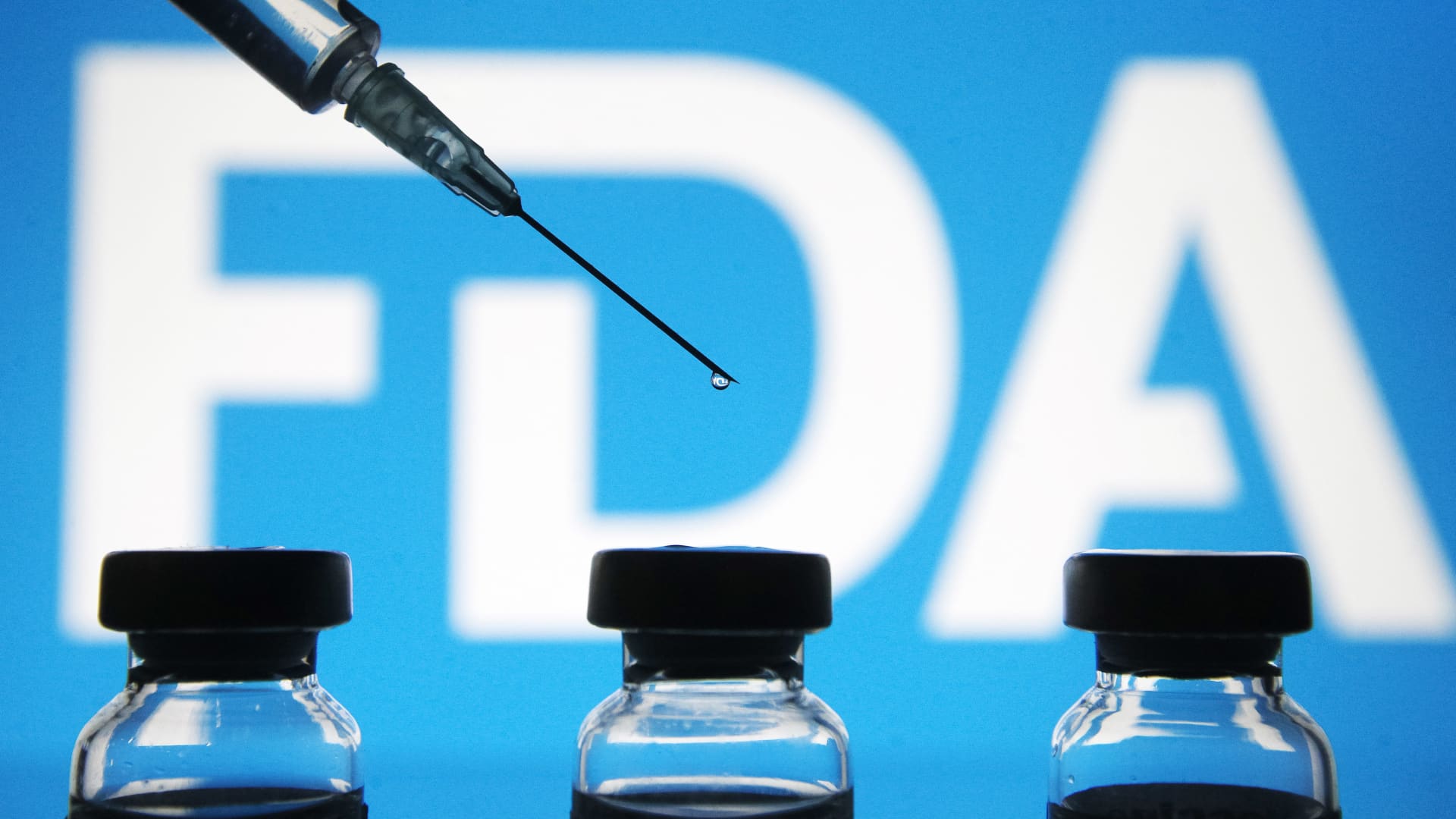
Key Points
Vials and a medical syringe seen displayed in front of the Food and Drug Administration (FDA) of the United States logo. FDA finds the COVID-19 vaccine.
Pavlo Gonchar | LightRocket | Getty Images
The Food and Drug Administration on Tuesday said its emergency authorizations of Covid vaccines, tests and treatments will not be impacted by the end of the public health emergency this spring.
President Joe Biden is planning to terminate in May the public health and national emergencies declared in response to the Covid pandemic three years ago, the White House said Monday. The public health emergency gave U.S. health regulators expanded powers to respond faster to the pandemic.
The FDA's emergency powers, however, aren't directly tied to public health declaration, according to the agency.
Former Health Secretary Alex Azar made separate determinations in February and March of 2020 under the Food, Drug and Cosmetics Act that the circumstances of the pandemic justified the authorization of vaccines, treatments and tests for emergency use.
The FDA used its emergency powers to authorize the Pfizer, Moderna, Johnson & Johnson and Novavax vaccines. The agency also authorized the oral antivirals Paxlovid and molnupiravir, several antibody treatments as well as numerous tests and other medical devices on an emergency basis.
"Existing emergency use authorizations (EUAs) for products will remain in effect and the agency may continue to issue new EUAs going forward when criteria for issuance are met," The FDA wrote in post on Twitter Monday.
Emergency authorizations allow the FDA to roll out medical products before they receive the agency's full approval. This allows the agency to respond more swiftly to public health crises.

 Konoly
Konoly 







